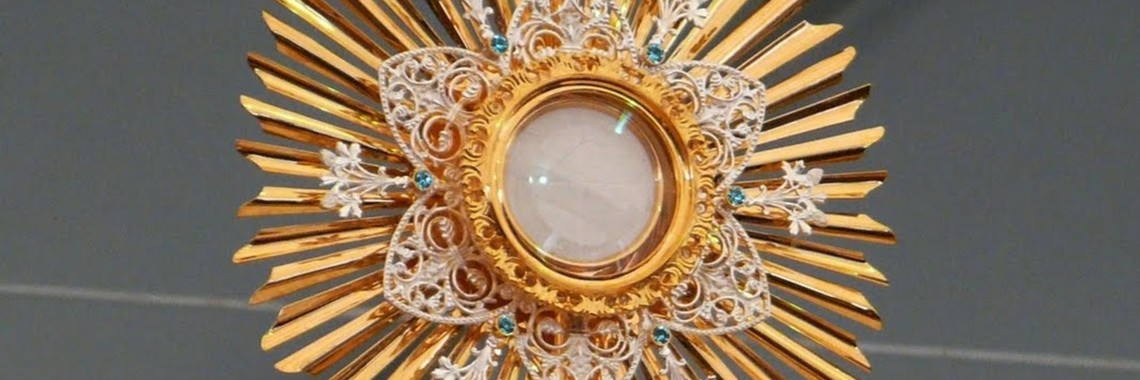The Seven Sacraments
The sacraments of the Church are gifts from Christ. There purpose is to make God’s people holy and to build up the the Body of Christ, the Church. They are outward signs of an unseen reality. But they are more than just signs. Sacraments effect what they signify (St. Augustine). They also teach us the truths of our faith and invite us to a deeper relationship with Christ. The Catechism of the Catholic Church (CCC) has this to say about the sacraments.
“Seated at the right hand of the Father” and pouring out the Holy Spirit on his Body which is the Church, Christ now acts through the sacraments he instituted to communicate his grace. The sacraments are perceptible signs (words and actions) accessible to our human nature. By the action of Christ and the power of the Holy Spirit they make present efficaciously the grace that they signify. – CCC 1084
“Accordingly, just as Christ was sent by the Father so also he sent the apostles, filled with the Holy Spirit. This he did so that they might preach the Gospel to every creature and proclaim that the Son of God by his death and resurrection had freed us from the power of Satan and from death and brought us into the Kingdom of his Father. But he also willed that the work of salvation which they preached should be set in train through the sacrifice and sacraments, around which the entire liturgical life revolves.” – CCC 1086
The Council of Trent solemnly defined that there are seven sacraments. The sacraments are listed below grouped by commonly used type. The types did not come out of the Council of Trent but were added later for convenience.
Sacraments of Initiation
- Baptism
- Confirmation
- Eucharist
Sacraments of Healing
Sacraments of Christian Committment
- Holy Orders
- Matrimony




